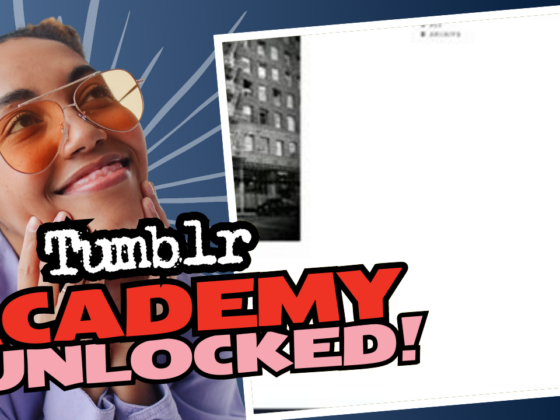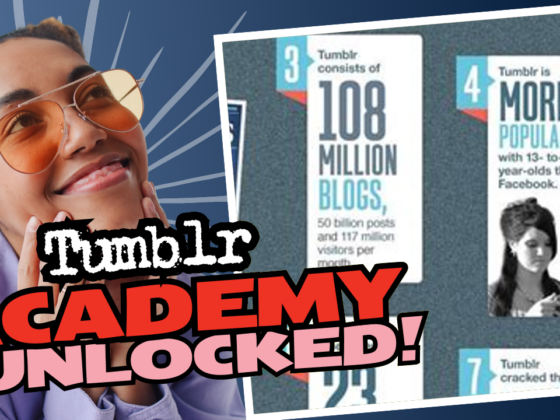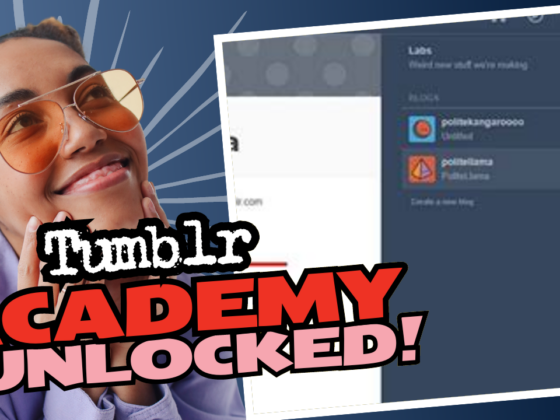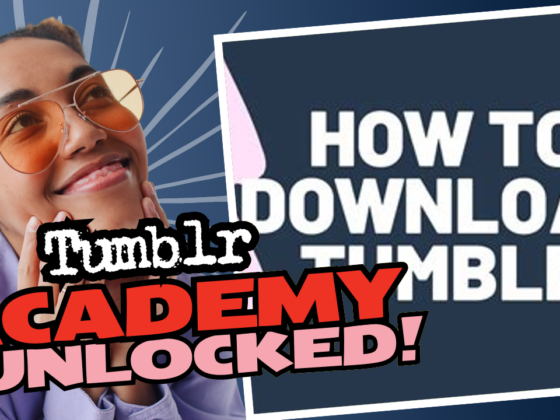Did South Korea Ban Tumblr? The Controversial Chronicles of Censorship
Ah, the world of the internet—a place where memes, cat videos, and, well, some *creative* content thrive. But in South Korea, diving into the online rabbit hole can be a bit like trying to swim with a life jacket made of bricks. So, the burning question is: did South Korea really ban Tumblr? And while we’re at it, let’s dive into the tangled threads of censorship around this notorious site.
Breaking Down the Ban: What’s Really Going On?
First off, let’s address the elephant in the room. In 2019, South Korea’s Korea Communications Standards Commission (KCSC) proceeded to slap down a ban on specific types of content on Tumblr, especially those pieces that contained pornographic material. Sure, the platform might not be solely about adult content (shocker!), but, as per estimates, about 10% of its glorious treasure trove is indeed for the grown-ups. You can practically hear the moral guardians sharpening their pitchforks, can’t you?
Now, what about the fallout from this action? South Korean lawmakers justify this censorship by proclaiming it’s all for the children. *Think about the children!*—a poignant phrase often wielded with the weight of a thousand debates. Parents, gather ’round! The policymakers are taking it upon themselves to protect your innocent little angels from the perils of the internet that may include revenge porn and other *not-so-family-friendly* content. Essentially, this knee-jerk reaction aims to deter access to online materials that might corrupt the youth. Sure, guys. Great job.
HTTPS and the Treasure Chest of Forbidden Websites
Ah, but wait—here’s where it gets really interesting! Even though governments can lock their digital doors, crafty internet users have found ways to sail past these bureaucratic bans. It’s like sitting next to a kid on an airplane who has unwrapped their snack and suddenly the whole plane is covered in crumbs! South Koreans can still access sites like Pornhub without breaking a sweat, all thanks to the magic of HTTPS.
Here’s the thing: South Korea’s content censorship isn’t as effective as the authorities would like to believe. For those who are unfamiliar, HTTPS encrypts the data transferred between users and websites, effectively making it much trickier for the government to block access—unless they’re prepared to plunge into the tech world and start pulling cables left and right, which we all know isn’t happening anytime soon. That’s like trying to contain a cat in a room full of laser pointers. Not gonna work!
Righteous Rants: The Double Standards of Censorship
Let’s take a moment to ponder the *irony* here. South Korea, a nation known for its vibrant and bustling city life, has its share of issues overshadowing the digital landscape. Prostitution is, seemingly, a prevalent undercurrent in the society, evident even in the most unsuspecting alleyways. While we’re tossing that issue aside to focus on creative outlets like *Tumblr*, we can’t help but roll our eyes at the hypocrisy. Maybe the KCSC should take the time to address the glaring issue of mismanaged brothels instead of diving down the rabbit hole of online censorship.
Why do they pick and choose which online content gets banned, while the real shady happenings occur right under their noses? It’s like a classic game of Whac-A-Mole. Only, instead of the mallet, they smash down on internet sites and pretend they’re making the world a better place. It’s amusingly tragic for those keeping score.
The Censorship Showdown: Asking the Tough Questions
Now, as we dissect the motivations behind South Korea’s web censorship, an important query arises: Does Tumblr even have a responsibility to monitor and filter its content? While you’d expect a grown-up platform to have measures in place, the reality is a little more convoluted. Think about it—how on earth do you sift through the vast sea of user-generated content? If only they had magical wands at hand!
On one hand, the people of the internet advocate for free expression and creativity (don’t we all?), while on the other hand, we have a dire need for safeguards against explicit and harmful content—especially in matters as serious as revenge porn and child exploitation. What a tangled web we weave! So, in the face of this dilemma, does shutting down whole platforms solve the problem? Or does it merely send users scrambling, determined to find a better, *more secretive* digital haven?
Everything’s a System of Subversion – Here’s How!
Jokes aside, the tech-savvy folks of South Korea don’t take the “government knows best” motto lying down. Instead, they’ve become well-versed in the world of VPNs, proxy servers, and a whole goody bag of technological tricks. Bunny hop, skip, and jump your way to accessibility! With the use of a VPN (virtual private network), users create a secure connection to the internet and can sidestep the watchdogs watching over content. It’s like knowing how to get backstage at a concert; once you discover the way, the thrill of freedom can be intoxicating!
Moreover, you’d find it amusing that some users report Tumblr sites focused on Korean porn do get blocked sporadically, almost like a game of hide and seek. One moment a blog’s up and thriving, the next, it’s off to the digital graveyard. It’s the ultimate dilemma for fans of the *more adult* aspects of Tumblr—will it or won’t it? Spoiler alert: It probably will.
Adventure in Content Creation: What’s Next for Tumblr?
So what’s the future look like for Tumblr in South Korea? Well, it appears that the crafty South Koreans might simply find alternatives to their beloved blog posts and reblogs. With the ever-changing landscape of chat apps and social media platforms, each one seems like a new love affair for the curious wanderer on the internet—the new, shiny app that promises the same escapism without the headache of censorship. Will they just turn to another app for their quirky, *socially inclined* shenanigans? Quite possibly!
But let’s not gloss over the real takeaway from this whole saga. South Korea’s censorship resembles a game of cat and mouse—each attempt from the government merely pushes content-sharers to rethink their approach. Users don’t need a manual to navigate this tricky terrain; they’re actually quite good at it. They’re navigating as if each block is a new adventure!
In Conclusion: Freedom or Censorship?
Ultimately, this whole issue sheds light on a troubling reality regarding censorship and freedom in South Korea. As authorities continue their mission to impose governance over the online world, it raises the question: are these efforts truly protecting the users? Or do they just make people feel like they’re living in a digital playground with a strict babysitter fussing over them?
While the saga of Tumblr’s ban may be confined to a single platform, it serves as a reminder that as the internet evolves, so will its interactions with restrictive policies—a cat with nine lives, always finding a way to roam free. So, for now, keep your HTTPS close and your VPN closer. And remember, in this playful, chaotic dance of censorship, users will always find a way to show the world their creative flair, one hashtag at a time!









